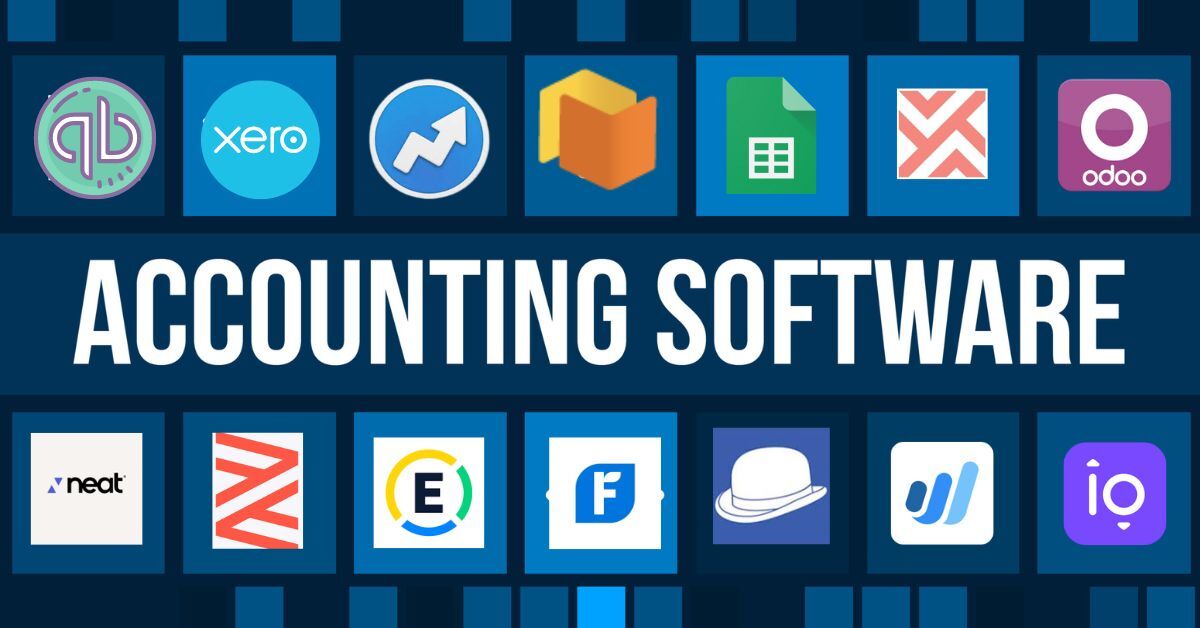Having a well-structured and smooth accounting system is extremely important for achieving success. A good accounting system does more than just help you manage your money – it also gives you important information that can influence smart choices.
In this article, we’ll explain five crucial stages to create a strong accounting system that guarantees correctness, openness, and adherence to rules. No matter if you’re a small new company or a big established one, these steps will lead you to clearly understanding your finances.
To begin with, let’s delve into the first step.
Step 1: Defining Your Accounting System Goals
Before we get into the nitty-gritty details, it’s really important to figure out what you want to achieve with your accounting system. Are you trying to make sending invoices smoother, keep a closer eye on your spending, or create detailed financial reports? By knowing exactly what you’re aiming for, you can shape your accounting system to match what you need. With your goals in mind, let’s move on to the next step.
Step 2: Designing a Chart of Accounts
Think of a well-organized chart of accounts as the foundation of your accounting system. This part is about sorting out all your money moves into different categories, like stuff you own, stuff you owe, money you’re bringing in, and money you’re spending. The trick here is to find the right balance between getting into the details and keeping things easy to understand. You want your chart of accounts to cover all the important info without turning into a puzzle. Now that you have your chart of accounts, let’s talk about the importance of accurate data entry.
Step 3: Implementing Accurate Data Entry Processes
Accurate data entry is the cornerstone of a reliable accounting system. Even minor errors can lead to significant discrepancies down the line. Establish standardized procedures for recording transactions, whether it’s through manual data entry or integrated software. Regularly reconcile your accounts to catch discrepancies and ensure the integrity of your financial data.
Transitional Phrase: With accurate data in place, let’s discuss the benefits of leveraging modern technology.
Step 4: Incorporating Accounting Software and Technology
In today’s digital age, accounting software can streamline and automate many aspects of your financial management. From cloud-based solutions that enable remote access to specialized software tailored to your industry, there are numerous options available. Additionally, consider integrating your accounting software with other business systems for seamless data flow.
Transitional Phrase: Now that you’re harnessing the power of technology, let’s delve into a strategic consideration – outsourcing.
Step 5: Strategic Consideration: Outsourcing to an Expert Bookkeeping Firm
As your business grows, managing your finances can become increasingly complex. Outsourcing bookkeeping to a specialized firm can alleviate this burden and provide expert insights. An outsourced bookkeeping firm offers professional expertise, advanced tools, and a dedicated approach to managing your accounts. This partnership allows you to focus on core business activities while ensuring the accuracy and compliance of your financial records.
Conclusion:
Developing an effective accounting system is not just a matter of compliance; it’s a strategic investment in your business’s success. By defining your goals, organizing your accounts, ensuring accurate data entry, embracing technology. And considering outsourcing, you can create a robust accounting system that empowers informed decision-making and long-term growth.
Incorporate these steps into your financial management journey, and the benefits will extend far beyond accurate bookkeeping. With an efficient accounting system in place, you’ll have the insights needed to navigate the complexities of today’s business landscape with confidence.
Remember, an accounting system is not static; it should evolve alongside your business. Regularly review and adjust your system to accommodate changes in your objectives, operations, and regulatory requirements. As you continue refining your accounting system, you’ll be better equipped to achieve your financial goals and steer your business toward sustained success.

